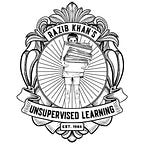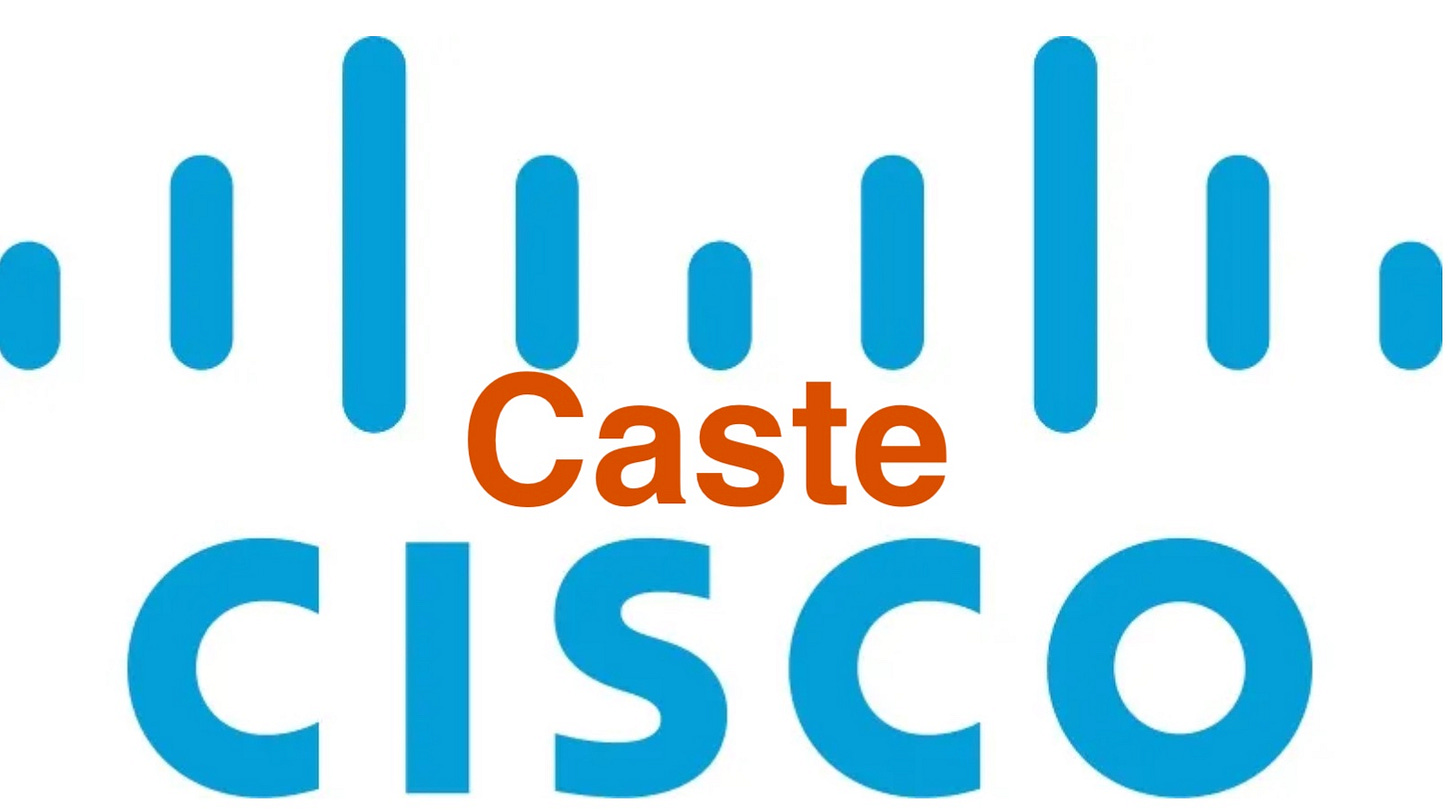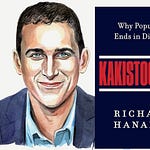For the first time ever, parents going through IVF can use whole genome sequencing to screen their embryos for hundreds of conditions. Harness the power of genetics to keep your family safe, with Orchid. Check them out at orchidhealth.com.
Related: The Indian caste system: origin, impact and future, The character of caste and Passing the civilizational purity test: India's 3000-year caste straitjacket.
Unsupervised Learning tends to steer clear of topics “ripped from the headlines,” but the occasional exception must be made. Today, Razib talks about the intersection of religion, caste and American law and policy with Sundar Iyer and Sudha Jagannathan. Jagannathan, an MBA, is now a board member of the Coalition of Hindus of North America, after working in technology and sales in the Bay Area for 30 years. Iyer is a technology entrepreneur, advisor and angel investor, who holds a Ph.D. in computer science. But this conversation is not about technology. It's about a “current event” that took over Iyer’s life for the better part of the past three years. In the year 2020, California regulators sued Cisco Systems for “for internally enforcing the caste hierarchy.” Iyer was one of two individuals named in that case. For most of the 2020’s so far, Iyer’s life was turned upside down, before the California Civil Rights Department dismissed its case against him (though it continues to pursue Cisco).
When the this issue first emerged in the news, some blogs, group chats and email lists surfaced points that should have made anyone skeptical that Iyer was a casteist: he is an atheist who does not identify as Hindu, and his personal views on social issues are quite liberal. These facts are in the public record because twenty years ago, long before he was in the public eye, Iyer wrote about his perspectives in a blog post expressing his strident atheism and rejection of caste. Now Iyer is speaking out about what he experienced, and how progressive cultural and political institutions are being weaponized by activists pursuing narrow, self-interested aims. As a successful entrepreneur, Iyer has the resources to fight to clear his name, and stand up for the objective truth against what he sees as the manipulations of the media and activists. Jagannathan also offers her own perspective as a devout Hindu who is from a “lower caste” background who takes issue with comments made in the mainstream media about her religion and culture, where the caste system is conflated with Hinduism and Indian identity, and assertions are made that the caste is a fundamental part of her faith.
Though this episode focuses on the institution of caste and the experience of Indian Americans specifically, it is more broadly about the significant tradeoffs of embracing simple solutions in a complex world. The social justice movement and the American elite political class are fundamentally egalitarian, currently ever alert for oppressors and the oppressed. In the process, innocent individuals get swept up in witch hunts, as activists attempt to find causes worthy of their attention and outrage. Iyer’s experience is not unique, insofar as many, many, Americans have fallen under the narrowed eye of crusading Human Resources departments, bent on transforming workplace disputes into socio-political dramas. The ultimate question is whether an exceedingly diverse America can proceed forward as a dynamic economy and culture despite the burden of ever-present litigation and workplace conflict created when our elites fixate on what divides us, rather than what unites us.












